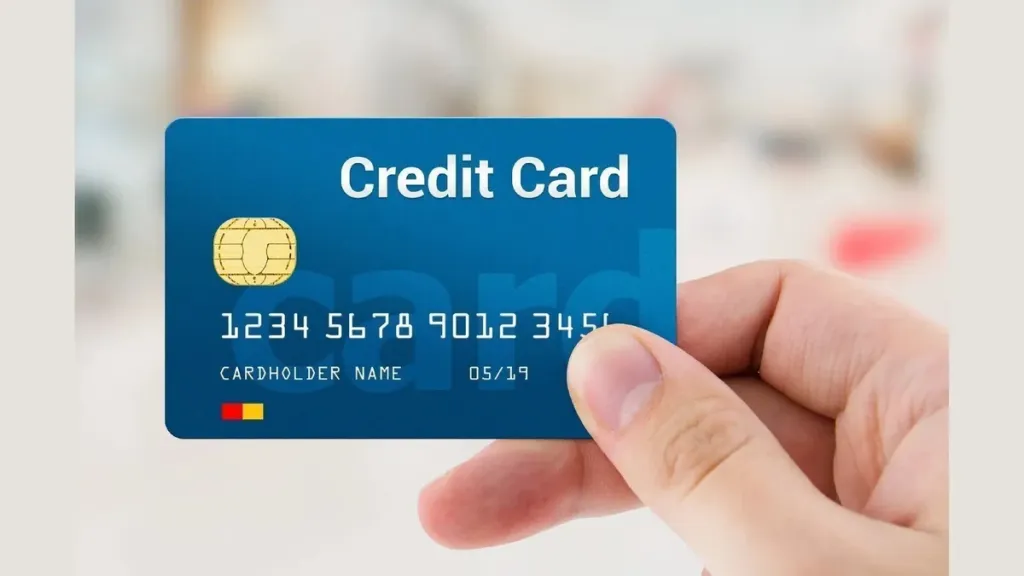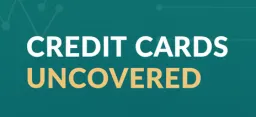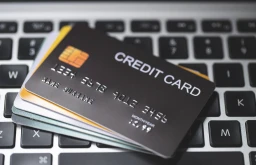How to make the most of a Credit Card?

In today’s economy, it’s important to know how to use your credit card to its fullest potential. In this article, we’ll discuss what a credit card is, how it works, and the different ways you can make the most of it.
What is a Credit Card?
A credit card is a plastic card that allows you to borrow money from a lender. When you use your credit card, the lender loans you the money and pays the credit card company. The credit card company then pays the creditor (the bank or other organization that gave you the loan) back. You usually need good credit to get a credit card.
There are two types of credit cards:
1) Credit cards with low-interest rates:
A low-interest credit card lets you borrow money with relatively small payments. The interest rate on these cards is usually around 17%. This means that if you pay your monthly balance in full and on time, you will only pay interest on the remaining balance. However, if you don’t pay your balance in full each month, or if you have any late payments, your interest rate can increase significantly.
2) Credit cards with high-interest rates:
A high-interest credit card charges a higher interest rate than a low-interest card. The average interest rate for a high-interest credit card is 29%. This means that if you don’t pay your balance in full each month, or if you have any late payments.
What’s the purpose of a Credit Card?
When you use your card, the credit card company pays the store you bought your goods from and then charges you interest on that debt. This allows you to purchase items quickly and avoid paying high-interest rates on loans from other sources. Additionally, credit cards allow you to build a good credit history, which can lead to better borrowing opportunities in the future.
Credit cards are typically used for large purchases, such as a car or a home. Debit cards are not physical cards but instead are electronic funds transfers drawn on pre-determined bank accounts. They are commonly used to make everyday purchases, such as groceries or gasoline.
The main difference between a credit card and a debit card is that a credit card allows you to borrow money up to a certain limit in order to purchase items, while a debit card simply withdraws money from your checking or savings account. Both cards carry interest charges, so it is important to choose the right one for your financial situation.
What are the advantages of Credit Cards?
Credit cards offer a number of advantages that can make your life easier. They can help you build or rebuild your credit history, which can lead to better financial opportunities in the future. They also allow you to borrow money relatively easily, which can come in handy if you need to purchase a car, make a large purchase, or cover an emergency expense. And last but not least, these companies usually charge lower interest rates than traditional loans.
What are the types of Credit Cards?
 Swiping a Credit Card
Swiping a Credit CardThere are many different types of credit cards, each with its own benefits and drawbacks. Here are the most common types:
-Mastercard®: One of the most popular types, Mastercards offer cardholders a variety of benefits. Mastercards are also accepted by many vendors, making them a good choice for those who frequently make purchases online or in stores.
-Visa®: Visa is another popular type, and for good reason. Visa cards are accepted by a wide variety of vendors, so they’re ideal for those who use cards for both large and small purchases. Plus, with Visa’s Zero Liability policy, cardholders can rest assured that if something goes wrong with their purchase, they won’t be liable for any damages.
-American Express®: American Express is known for its luxury brands and high-quality customer service. That said, AmEx cards are also one of the most widely accepted types of credit cards around. This makes them great choices.
How does one build Credit?
When you apply for such a card, the issuing bank will run a credit check and assess your risk of not paying back the debt. Factors that are taken into account when assessing your risk include your income, debts, expenses, and assets.
Your credit score is a numerical measure of your creditworthiness. It’s a reflection of your payment history, including how much you’ve borrowed and how often you’ve paid back what you owe. A good credit score can help you get low-interest rates on loans and other benefits. For example, it offers insurance against the increased costs associated with being in debt.
You can improve your credit score by monitoring your credit report regularly and managing your debts responsibly.








